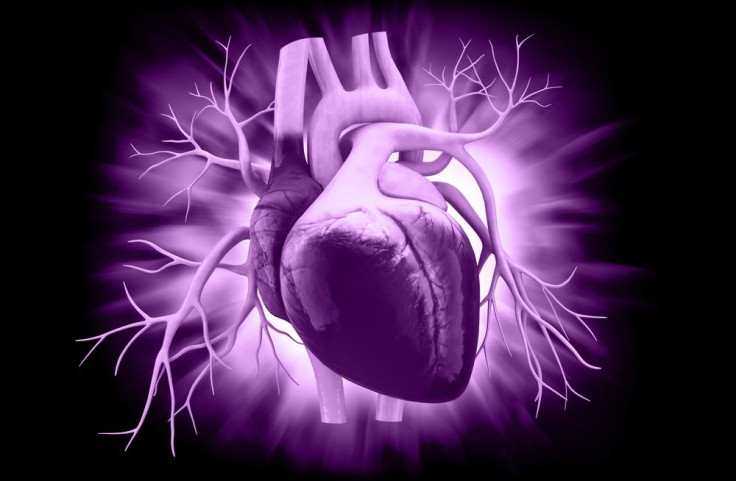Genetic Mutation In Heart Proteins May Be Why Some Experience Sudden Cardiac Death During Exercise And Sleep

Doctors know that factors like family history and congenital heart conditions can lead to sudden cardiac arrest, but a recent study suggests that the often deadly condition may have another underlying trigger: temperature change.
Dr. Peter Ruben and his fellow researchers from Simon Fraser University in Canada hypothesized that temperature changes could prompt a sometimes severe condition known as cardiac arrhythmias in certain individuals.
"The electrical signal behind muscle contraction is produced by tiny protein molecules in the membrane of our heart cells," Ruben explained in a press release. "Temperature fluctuations modify the way all proteins behave, but some DNA mutations can make proteins especially sensitive to changes in temperature."
Abnormal heart contractions, also known as arrhythmias, occur when the heart’s electrical signals are either too slow or too fast. According to the American Heart Association, this causes the heart to beat improperly and can sometimes lead to sudden cardiac arrest. This is a condition where the heart abruptly stops functioning, causing sudden unexpected death.
“An earlier study of ours found that temperature changes are a trigger for some seizure disorders,” Ruben said. “We imagined that cardiac arrhythmias are like seizures and wondered whether they might share the same triggers.”
The team tested this hypothesis by focusing their research on a gene known as SCN5A and its mutations. This gene affects the specific heart proteins that are directly responsible for the electrical signals necessary to initiate normal heart function. The team subjected proteins with several different mutations of the SCN5A gene to temperature changes similar to what individuals experience during intense workouts. Results showed that, while all heart proteins were receptive to temperature changes, this specific mutation was especially sensitive and no longer able to function properly when subjected to the temperature shift.
The team ensures that their results are not cause for too much concern, since the protein mutations they tested are extremely rare. Rather, their results produce evidence to strongly suggest there is a strong link between core body temperature and erratic heart activity. This may explain why some athletes will experience sudden cardiac arrest during a game, or why some babies may inexplicably pass away in their sleep.
The findings add to the list of other seemingly unconnected factors identified as increasing one's risk of experiencing cardiac arrest, such as bouts of intense anger and living closer to a highway.
The AHA reports that each year about 424,000 cardiac arrests are treated by medical services outside of the hospital. Better understanding the underlying causes and triggers of these attacks could help to save more lives.
Source: Ruben PC, Abdelsayed M, Peter CH. Differential thermosensitivity in mixed syndrome cardiac sodium channel mutants. The Journal of Physiology. 2015.



























